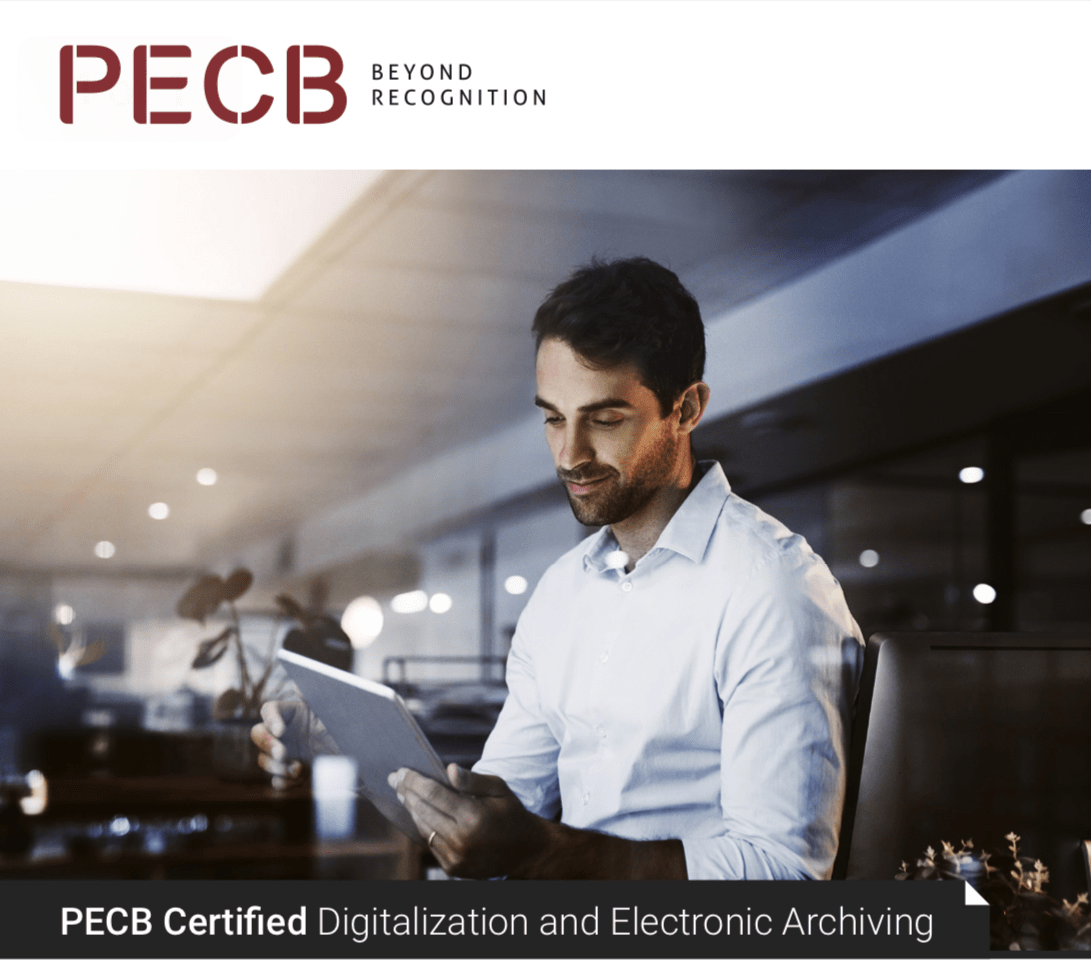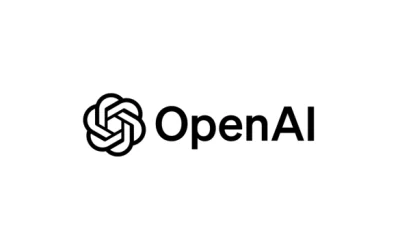
Lead Digitalization and Electronic Archiving Manager (PECB)
About this Course:
-
-
This course provides all the critical knowledge required to approach, understand, manage and successfully carry out a digitalization and retention/archiving project, including security, search and risk analysis techniques and the identification of legal, regulatory, contractual and insurance issues. A set of methodological tools is included in the themes covered, to effectively digitize any process and choose the appropriate solution without getting into the details of the related technologies. Finally, the course offers some food for thought on the changes in store for digital data and the new technologies to consider for establishing true data governance.
When you are well versed in all the concepts required for digitalization project, you will be able to take the exam and apply to be a PECB Certified Lead Digitalization and Electronic Archiving Manager. By earning this certificate, you will demonstrate that you have the practical knowledge and professional capacities to support and direct a team in charge of carrying out a digitalization and electronic retention/archiving project.
-
Course Goals/Skills:
- Master the information and data required to know how to approach a digitalization project methodically and efficiently
- Learn the major principles of digital information security techniques and the concepts of electronic evidence
- Gain a comprehensive understanding of the three pillars of any digitalization project: electronic signature, digital data retention/archiving and digital document flow or life cycle management
- Identify the risks of a digitalization project
- Master the key steps and best practices of digitalization projects, including contractual aspects and how to establish a body of legal-technical documents
- Identify the technical, economic, organizational, legal and regulatory constraints related to dematerialization or paperless processing
- Acquire techniques/methods for choosing a solution objectively
Course Format:
 |  |
|---|---|
Присъствен (Classroom) Курс в Учебната ни зала или В Офис на Клиент | Онлайн (Online/Virtual) Курс във виртуална зала с инструктор |
Course Language Option:
 |  |
|---|---|
Български (Bulgarian) | Английски (English) |
You can choose the language in which the training will be conducted – Bulgarian or English. All our instructors are fluent in English.
Student Guides:
The training materials are available in electronic format. They can be used online / offline on any device. Lifetime access.
Lab Environment:
Each student has their own lab environment where the exercises are conducted, part of the course. You do not need to install software on a computer or special hardware requirements.
Participants in a face-to-face format in our Training Center have an individual computer during the training.
At Course Completion:
 |  |
|---|---|
Lifetime Access - Video Archive 24/7 | Certificate of Course Completion |
Lifetime access to a video archive with recording of each individual lecture.
Official internationally recognized certificate for completed training course.
Course Duration:
- 5 working days (09:00 – 17:00)
or
40 hours training (theory and practice) in non-working hours lasting 4 weeks
Saturday and Sunday 10:00 – 14:00, 14:00 – 18:00, 18:00 – 22:00
Monday and Wednesday 19:00 – 23:00
Tuesday and Thursday 19:00 – 23:00
Payments:
An application for an invoice shall be accepted at the time of entry of the relevant course.
An invoice is issued within 7 days of confirmation of payment.
Next Class:
For more information, use the contact format. We will contact you to confirm the data.
Instructors
FAQs
Requirements
- Solid knowledge of IT processes (information flows) and an overview of information systems. Knowledge on system security concepts is also a plus.
Target audiences
- Digitalization and electronic archiving project managers
- Consultants, security managers, IT coordinators, jurists and archivists asked to manage digitalization and electronic archiving projects
- Data governance managers, risk management coordinators
- Anyone who wishes to gain a better understanding of the issues involved in the digitalization of business processes and conserving digital data, or digital transformation in general, including: Expert advisors in information technology Information security officers Information security managers All IT professionals CTOs, CIOs and CISOs





